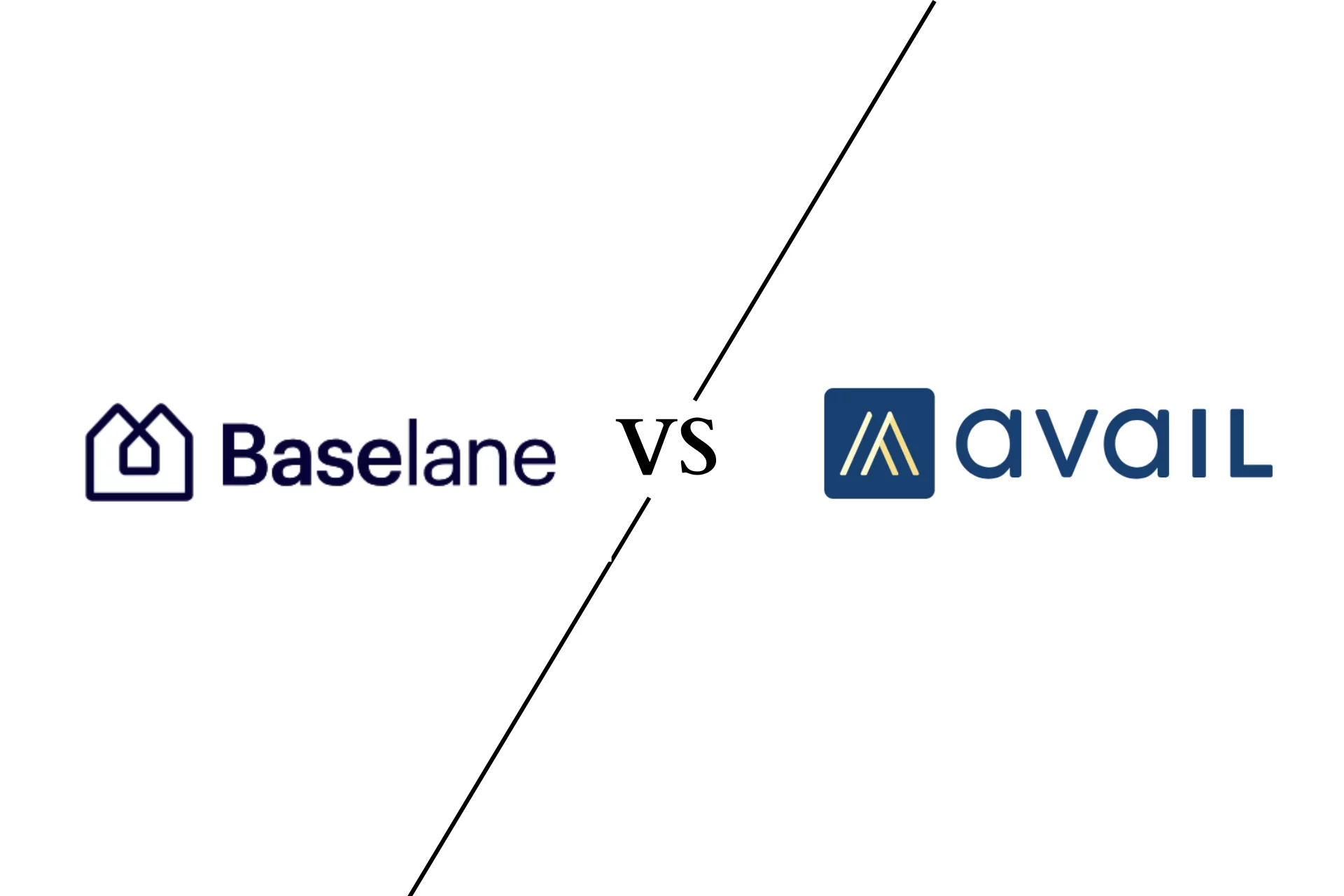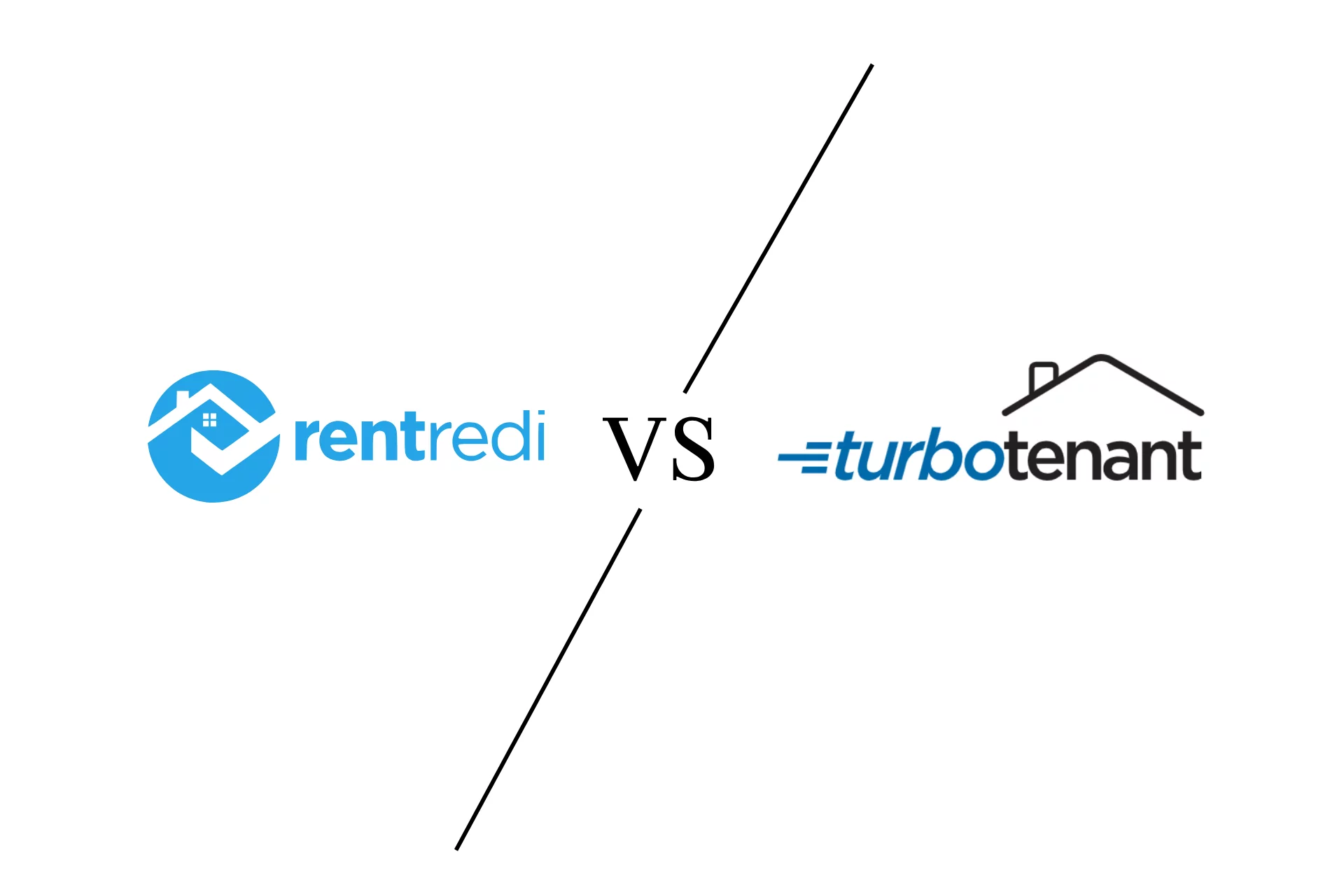If you choose to invest in real estate, there are several ways to make that happen. Two of the most popular options are Real Estate Investment Trusts (REITs) and rental properties.
Between the two, it can be difficult to discern which is the better real estate investment, so let’s break down each one in this comparison of REITs vs. Rental Properties.
What is a REIT?
For the uninitiated, REITs are companies that own, manage, and finance income-generating commercial real estate properties like malls, office spaces, warehouses, hospitals, hotels, and even commercial forests.
When you invest in a REIT, you split the profits of those properties with other investors, giving you a dividend every month.
REITs are a low-risk investment that carries all the advantages of owning a stock with the stability and regular income of a real estate investment.
The only thing you may need to be aware of as an investor is what properties are managed by the REITs you’re invested in because REITs tend to manage the same types of properties within them, so they do well as long as the types of properties they manage are doing well.
To mitigate that risk, you may want a few different REITs managing different types of properties in your portfolio.
What is a Rental Property?
Rental properties are a much more traditional real estate investment where you buy an actual residential property and rent it out partially or completely.
The profits don’t come from a dividend in this case, but the rent that’s collected each month.
What are the Advantages of a REIT?
There are several advantages to REIT that make it enticing for real estate investors:
- REITs are required to distribute 90% of their profits to investors, so there’s always a dividend
- No property management or related expenses
- Long-term, steady appreciation
- The annualized average of total returns is around 9.6%*
- Low volatility compared to equity stocks
- Low correlation to equity stocks
- Good for portfolio diversification
- Able to invest with only a few dollars upfront
- The option to be a passive investor
- All the advantages of a publicly-traded stock while still being involved in real estate
- Invest through an Exchange-Traded Fund (ETF) or a mutual fund
*Current as of December 2021
What are the Disadvantages of a REIT?
There are some disadvantages to REITs that individual investors should be aware of:
- While REITs diversify your portfolio, they aren’t diversified in terms of properties held, so you may need more than one in your portfolio
- There’s no control or flexibility with the investment
- Susceptible to rising interest rates
- Taxed at a higher rate than stocks as ordinary income
If you’re investing in REITs, you need to research the properties they invest in and how well they are doing, both the properties and the performance of the actual REIT itself.
What are the Advantages of Rental Properties?
Rental properties are the classic method for income-producing real estate investments for a reason, there are several advantages:
- High leverage investment that can be borrowed against easily
- High return on investment at 10.6%* on average
- Tax benefits that help investors pay less tax
- Earn a predictable and stable monthly passive income
- Good property management assistance for on-site issues is available
- Available platforms like Baselane can help you manage expenses, profits, and rent collection
- Ability to control and customize your investment to your specifications
- Appreciating property value
- The option to be an active investor
*Current as of December 2021
What are the Disadvantages of the Real Estate Market?
Despite its benefits, no investment is perfect and there are some disadvantages to owning a rental property:
- Rental properties suffer from a lack of liquidity and can be tough to move, even in a hot market
- The amount of capital and credit needed upfront is higher
- Some tenants can be difficult to manage
- Landlord responsibilities
- Rising property taxes and insurance premiums can outpace your ability to increase rent
- Constant upkeep and maintenance
- Neighborhood changes can affect property values
- Profit isn’t guaranteed
- Possible changes to the tax code
If you’re investing in a rental property, an investment that’s arguably higher risk than REITs, make sure you research and trust any property managers you hire, any tenants you’re renting to, and research the real estate market itself along with the neighborhood you plan to invest in, to pick the property that is most within your budget but may also yield the highest possible return when it comes to rental income.
Final Thoughts: REIT vs. Rental
Whether you invest in a REIT or decide to rent out all or part of a property depends on your financial goals and plans for your investment.
Traditionally, rental property is a much more active investment, while the REIT is the more passive one, allowing the investor to invest in real estate and not be involved in the properties they’re invested in beyond collecting the dividend checks every month.
However, investing in a rental property can be just as passive for the investor as a REIT to the point where the only thing they see is changes to their bank balance from rent checks coming in every month.
This is because one can hire a company or find an investment partner who handles the day-to-day management of the property itself, such as maintenance, upkeep, and tenant relations, even platforms like Baselane can automate rent collection and make tracking your profits against expenses easy.
Nowadays, as long as the investor is comfortable leaving the management of their property in the hands of someone or something else, owning a rental property with the right people and systems put in place can feel like owning shares in a REIT.
That being said, owning a rental property does give you the option to be a much more active investor than a REIT ever can. Investors can decide everything from the interior design to the tenants who live there to how repairs are made and how the property is maintained.
Depending on their skills and expertise, investors can choose to do everything themselves or nothing at all, beyond providing the money needed for the purchase of the property or day-to-day expenses.
REITs just aren’t structured to even give you this option, but you only need a few dollars to buy shares. If investors like collecting profits and care about nothing else, this is probably the best option between the two, it’s much more set it and forget it.
FAQs
REITs are a good investment if you’re not interested in being an active investor in actual property.
REITs are a way to be a part of the long-term appreciation of commercial real estate while not having to manage properties day-to-day and still collecting dividend checks that come from the profits that these properties generate.
There are many different types of REITs you can invest in covering some of the most recognizable commercial properties in modern society.
These are retail REITs that include shopping malls, healthcare REITs that include hospitals, office REITs that include businesses that need office space and have usually signed long-term leases, and mortgage REITs that invest in mortgages instead of equity.
Finally, there are even residential REITs that include rental apartment buildings and manufactured housing. No matter what type of REIT you invest in, you need to assess the current health and profitability of the businesses or residences they invest in before buying shares.
As with any type of investment, investing in real estate can be risky. However, that risk can be mitigated by the type of real estate strategy you choose – the more passive the strategy, usually the lower the risk – and it can be mitigated by the due diligence and research you perform before you enter any real estate investment.
Investors in rental properties can benefit from numerous tax breaks, including passive income and pass-through deductions, as well as deductions related to mortgage interest, state and local property tax, operating expenses, depreciation and repairs.
Plus, there's the capital gains exclusion you get when selling the property where you're exempt from paying tax on profits up to $500,000.
When you have an investment property, you are not subject to the state and local property tax deduction limit of $10,000. Instead, you can use all of your deductions related to your investment property, including all the property tax you pay, to offset your taxable rental income.







